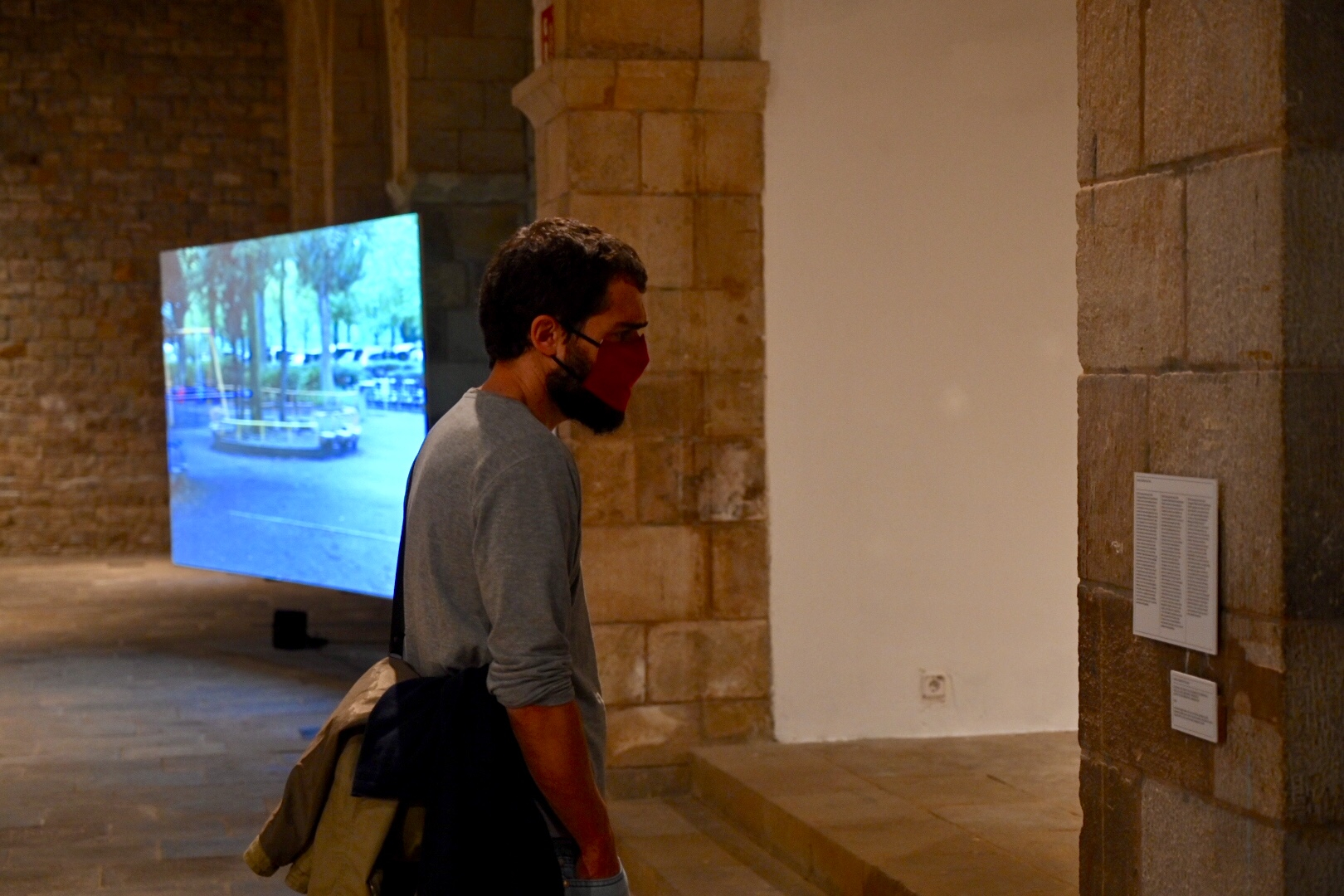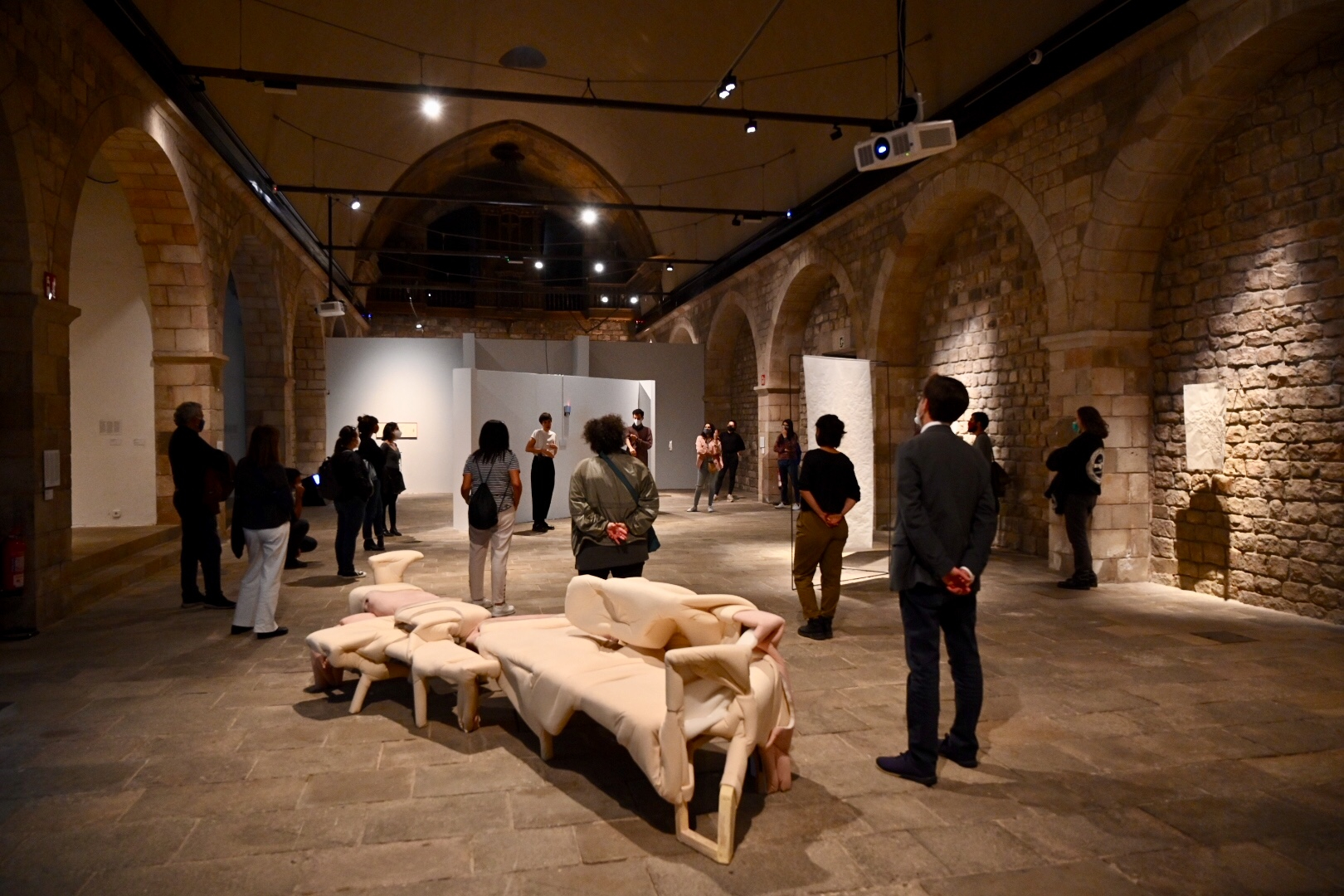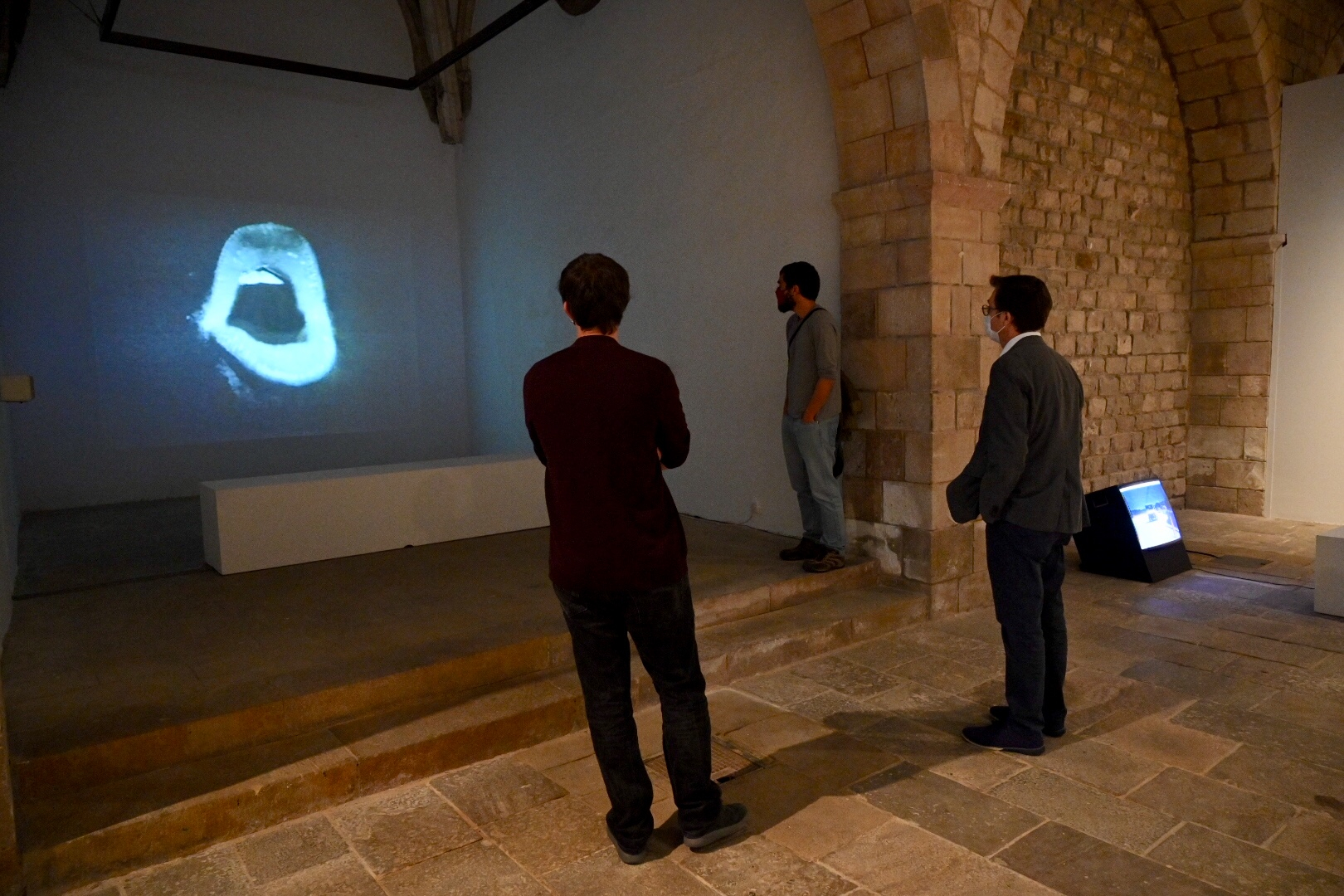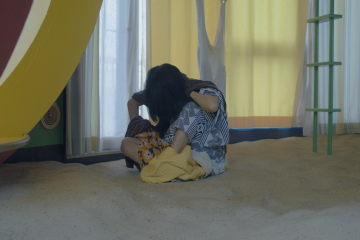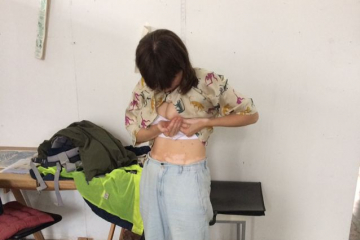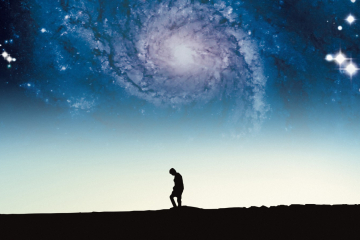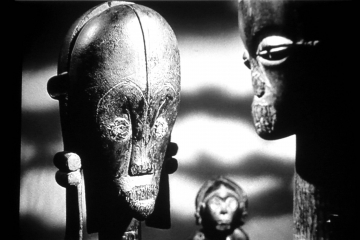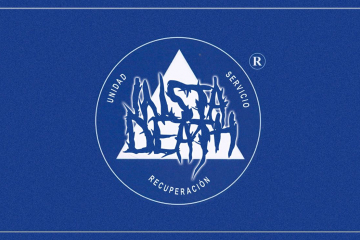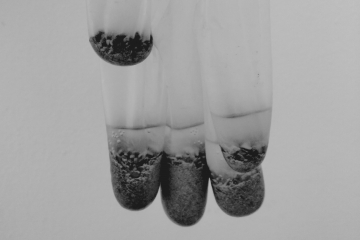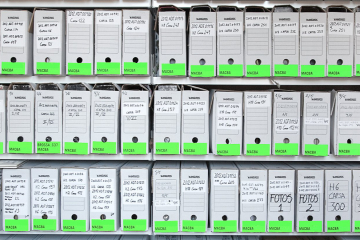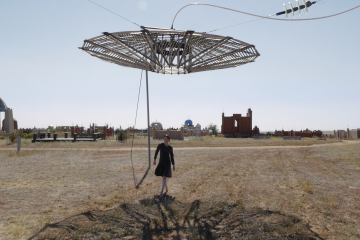Become Immortal and then Die
Caterina Almirall proposes to regard the museum as a space that straddles life and death, taking as her starting point the theories put forward in the late 19th century by the Russian group of philosophers known as cosmists, as well as their utopian project for an immortal humankind which, thanks to technology, would even be able to revive all its ancestors. To solve the issue of overpopulation which this resurrection would entail, the space race was expected to provide humans with the technology to conquer the cosmos and to send all those resuscitated to other planets that would, therefore, become museums. According to Fedorov, one of the main theorists of cosmism, the museum would be the only available technology that would have an effect in the past and the future in non-progressive terms, “a technology for making things last, become immortal”. The museum, as Fedorov understood it, operates as a mechanism for triumphing over time. These ideas point to the radicality of a time that is always present, in which there is no room for the imitation, the copy, the reproduction or regeneration, and they highlight the unique value of everything held in museums. The dilemma between life and death, between preserving and living, between saving and losing, and the negotiation between the past, present and future form the node around which this project is structured. Thus, Almirall’s artistic practice posits a possible urge for permanence, a dialogue between timescales or, to put it in other words, a way of ‘talking to the dead’.
Exhibition: Samuel Beckett, Mariana Castillo Deball, Carlos Fernández-Pello, Lara Fluxà, Marc Larré, Daniel Moreno Roldán, Jorge Satorre, with the collaboration of the Museu d’Arqueologia de Barcelona.
Performance: Ariadna Guiteras, Theoria (Beatriz Regueira, María González and the collaboration of Dasha Lavrennikov).
Activities: Ariella Azoulay, María Iñigo Clavo, Patricio Guzmán, Roc Herms, Alain Resnais & Chris Marker, Anton Vidokle, Roc Herms.
Publication: Lúa Coderch, Catalina Lozano, Anton Vidokle.



